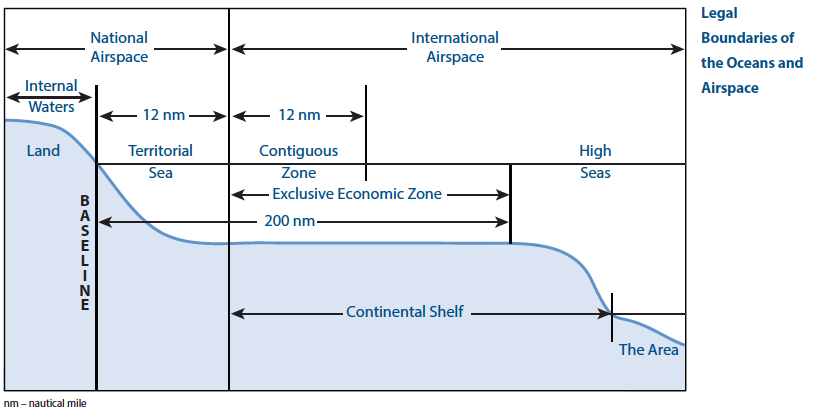900 319 0030
enquiry@shankarias.in
The Anti-Maritime Piracy Bill, 2019 has been listed for consideration and passing during the Monsoon session of the Parliament.
India currently does not have legislation on matters of piracy on the high seas.

According to the Supreme Court of India, the death penalty violates Articles 14 and 21 of the Constitution.
To know more about the UN Convention on the Law of the Sea, click here.
Reference